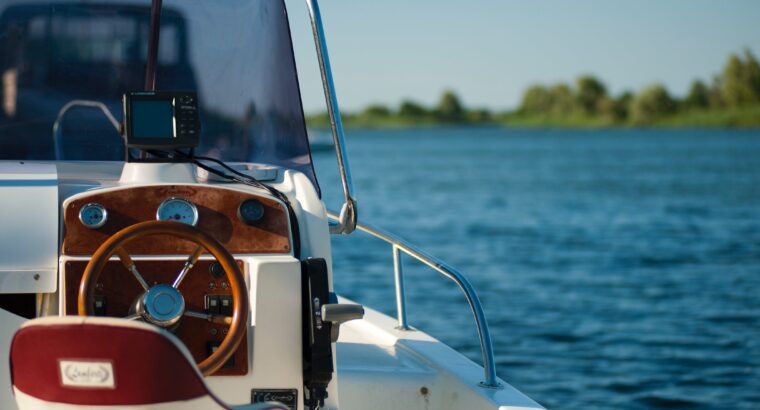What to Consider When Buying a Used Boat In Europe?
Buying a used boat can be an exciting endeavor, opening up opportunities for adventure on the water. However, it’s essential to approach the purchase with diligence to ensure you’re getting a vessel that meets your needs and is in good condition. Here are key points to consider when shopping for a pre-owned boat:
1. Condition and Maintenance History:
– Inspect the boat thoroughly for any signs of damage, wear, or corrosion.
– Request maintenance records to understand how well the boat has been cared for.
– Pay attention to the engine’s condition, as it’s one of the most critical components. Consider hiring a marine surveyor for a professional evaluation.
2. Title and Registration:
– Ensure the used boat has a clear title, free from any liens or legal issues.
– Check that the registration is up to date and valid, as renewing it can be a time-consuming process.
3. Sea Trial:
– Take the used boat for a sea trial to assess its performance and handling on the water.
– Test all essential systems, such as steering, navigation equipment, and electrical components.
4. Financing and Insurance:
– Determine your budget and explore financing options if necessary.
– Obtain insurance quotes beforehand to understand the cost of insuring the used boat.
5. Transfer of Ownership:
– Ensure all necessary paperwork for the transfer of ownership is completed correctly.
– Verify that the seller has the authority to sell the used boat, especially in the case of brokered sales.
6. Warranty and Guarantees:
– Inquire about any warranties or guarantees provided by the seller or manufacturer.
– Understand what is covered and for how long to avoid any surprises after the purchase.
7. Survey and Inspection:
– Consider hiring a professional marine surveyor to conduct a comprehensive inspection.
– A survey can uncover hidden issues and provide valuable insights into the boat’s condition.
8. Negotiation and Purchase Price:
– Research comparable boats to understand the market value and negotiate the price accordingly.
– Don’t hesitate to walk away if the seller isn’t willing to negotiate or if the boat doesn’t meet your expectations.
9. Future Upgrades and Maintenance:
– Factor in the cost of any necessary upgrades or repairs when budgeting for the purchase.
– Consider the availability of replacement parts and the ease of maintenance for the specific make and model.
10. Safety Equipment and Compliance:
– Ensure the boat is equipped with all necessary safety gear required by law.
– Check for compliance with local regulations regarding equipment and onboard amenities.
By paying attention to these key factors, you can make an informed decision when purchasing a used boat, ensuring many enjoyable days on the water ahead. Remember to take your time, do thorough research, and seek professional advice when needed to make the best choice for your boating adventures.
